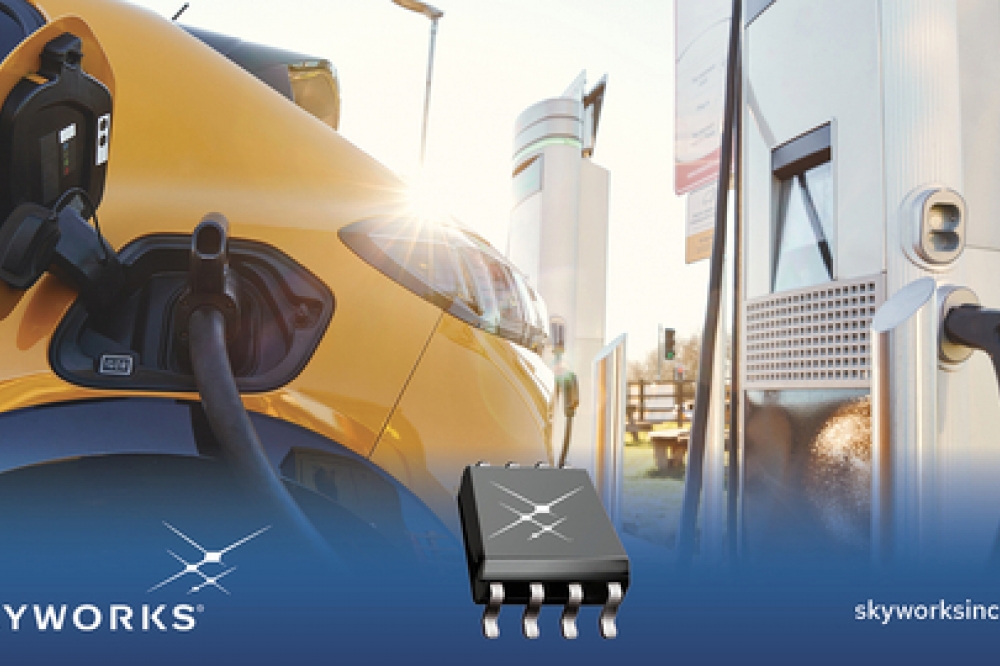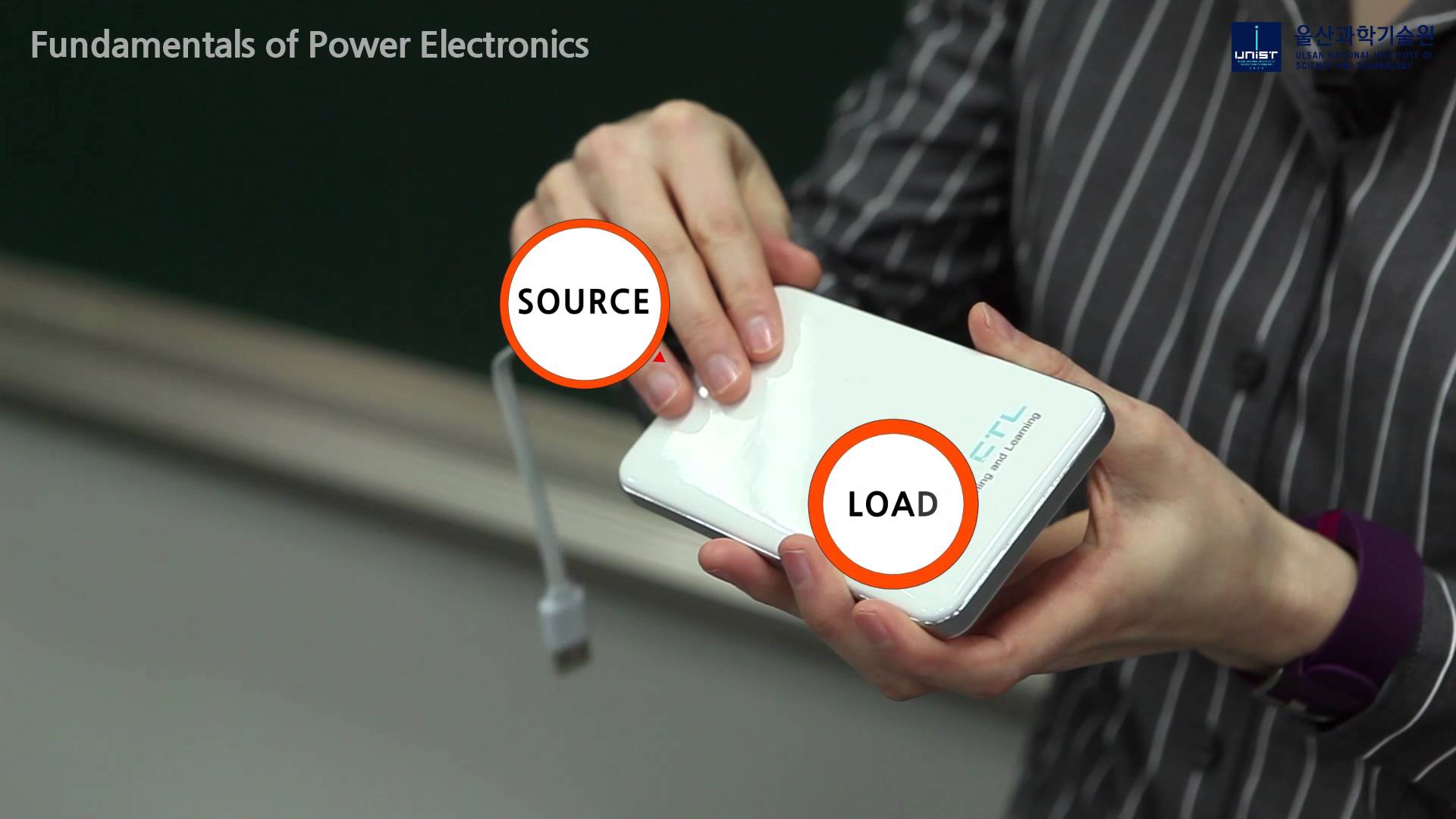Skyworks facilitates faster EV charging

Next generation Si89xx product family supports infrastructure expansion
Skyworks Solutions has announced the availability of its next-generation Si89xx isolated analogue amplifiers, voltage sensors and delta-sigma modulator (DSM) devices to improve charging times for electric vehicles (EVs). Skyworks’ new family, which includes Si8921, Si893x and Si894x, will help to shorten recharge time for EVs. This latest product line also offers broader industry applications and improvements for solar inverters and wireless charging.
“Built upon three generations of digital isolation technology, these solutions are engineered to be key enablers in the industry’s shift to vehicle electrification,” said Brian Mirkin, vice president and general manager of power products at Skyworks. “Skyworks is using its deep industry knowledge to support the infrastructure needed by the rapidly evolving EV industry. The Si89xx family is designed to provide an accurate, precise measurement of current and voltage, which allows for accelerated electric automotive charging.”
Skyworks’ new Si89xx products provide accurate, precise measurement readings of the current and voltage involved in the operation of power control systems, including 75 kV/µs immunity to fast transients and accuracy over temperature. This minimises loss of power and inherently makes the system more efficient, allowing for charging devices to more swiftly transfer power.
Samples of the Si8921, Si893x and Si894x devices are available now. Skyworks’ Si89xx family consists of the Si8921 isolated analogue amplifiers, the Si893x isolated voltage sensors and the Si8941/6/7 isolated DSM devices. These devices are optimised for voltage or shunt-current sensing and provide typical offset error as low as ±40 µV and ±0.1 percent gain error. Additionally, offering a typical offset drift as low as ±0.5 µV/˚C and typical gain drift as low as –4 ppm/˚C, allows for high accuracy across temperature. As a result of these benefits, the Si89xx devices can offer one of the industry’s highest signal-to-noise ratios (SNR)—up to 90 dB.



































